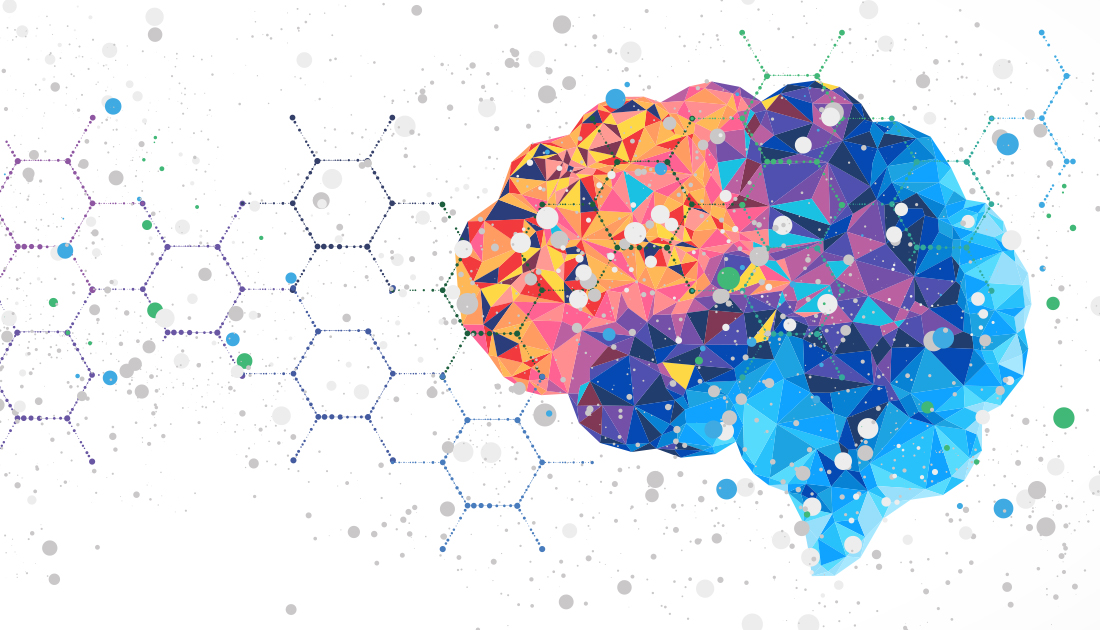
There are many contributory factors that influence the symptoms of ADHD. Genetics, diet, nutrition, and abnormalities in fatty acid metabolism are among some predominant factors.[1]
People with ADHD have a dysregulation of neurotransmitters and many people have a deficiency in the omega-3 fatty acids EPA and DHA. The dysregulation of neurotransmitters often results in a diminished ability to make or release norepinephrine and/or dopamine. DHA plays a role in membrane fluidity, which also helps with proper neurotransmitter regulation. DHA is highly concentrated in the dentrites of neurons, which is where neurons form connections and release neurotransmitters sending signals. EPA also plays a role in dopamine signaling.
It is common that people will take medication in order to help increase the amount of dopamine released in the brain. Medications have been shown to be helpful with treating symptoms of ADHD. However, they do not necessarily address the root cause, the health of the brain. Omega-3 fatty acids are nutrients that are the critical components that the neurons are made up of. Medications have also been associated with many different side affects and some people do not tolerate them.
“It has been suggested that deficiency of long-chain polyunsaturated fatty acids (PUFAs) may be involved in the development of ADHD.[2], [3] Omega-3 and Omega-6 PUFAs are integral parts of neuronal cell membranes in the brain and may have a role in facilitating the transmission of signals between neurons. [4](Sinn, Bryan, & Wilson, 2008).
One study “suggest[ed] that the specific combination of Omega-3/6 fatty acids tested in the present trial, although slightly less effective than MPH, is an effective, well-tolerated treatment for children with ADHD when used as monotherapy.”[5] This study also showed that when patients taking methylphenidate supplemented with omega-3 fatty acids, they were able to tolerate lower doses of methylphenidate for effective treatment.
This study shows the benefit in addressing ADHD through medication as well as nutrition. And the combination of both may lead to better outcomes than medication alone.
[1] Blum, et. al., “Attention-deficit-hyperactivity Disorder and reward deficiency syndrome,” Neuropsychiatric Disease and Treatment, 2008:4(5) 893-917, p. 893-917.
[2] Colquhoun, I., & Bunday, SA “Lack of essential fatty acids as a possible cause of hyperactivity in children.” Medical Hypotheses, 7, 673-679. (1981)
[3] Richardson, et al., “Omega-3 fatty acids in ADHD and related neurodevelopmental disorders.” International Review of Psychiatry, (2006) 18, 155-172.
[4] Sinn, et al., “Cognitive effects of polyunsaturated fatty acids in children with attention deficit hyperactivity disorder symptoms: A randomised controlled trial.” Prostaglandins, Leukotrienes, & Essential Fatty Acids, (2008). 78, 311-326.
[5] Barragan, et al., “Efficacy and Safety of Omega-3/6 Fatty Acids, Methylphenidate, and a Combined Treatment in Children in ADHD.” Journal of Attention Disorders, 2017, Vol. 2, (5) 433-441.

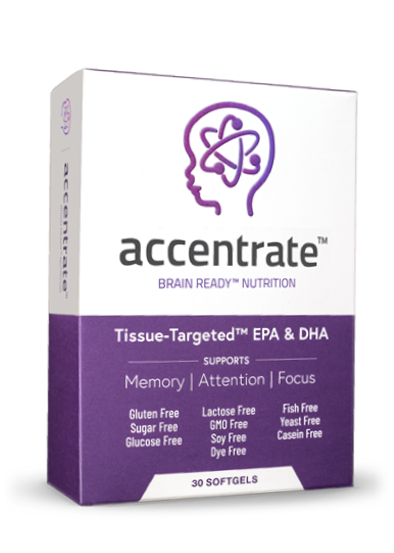
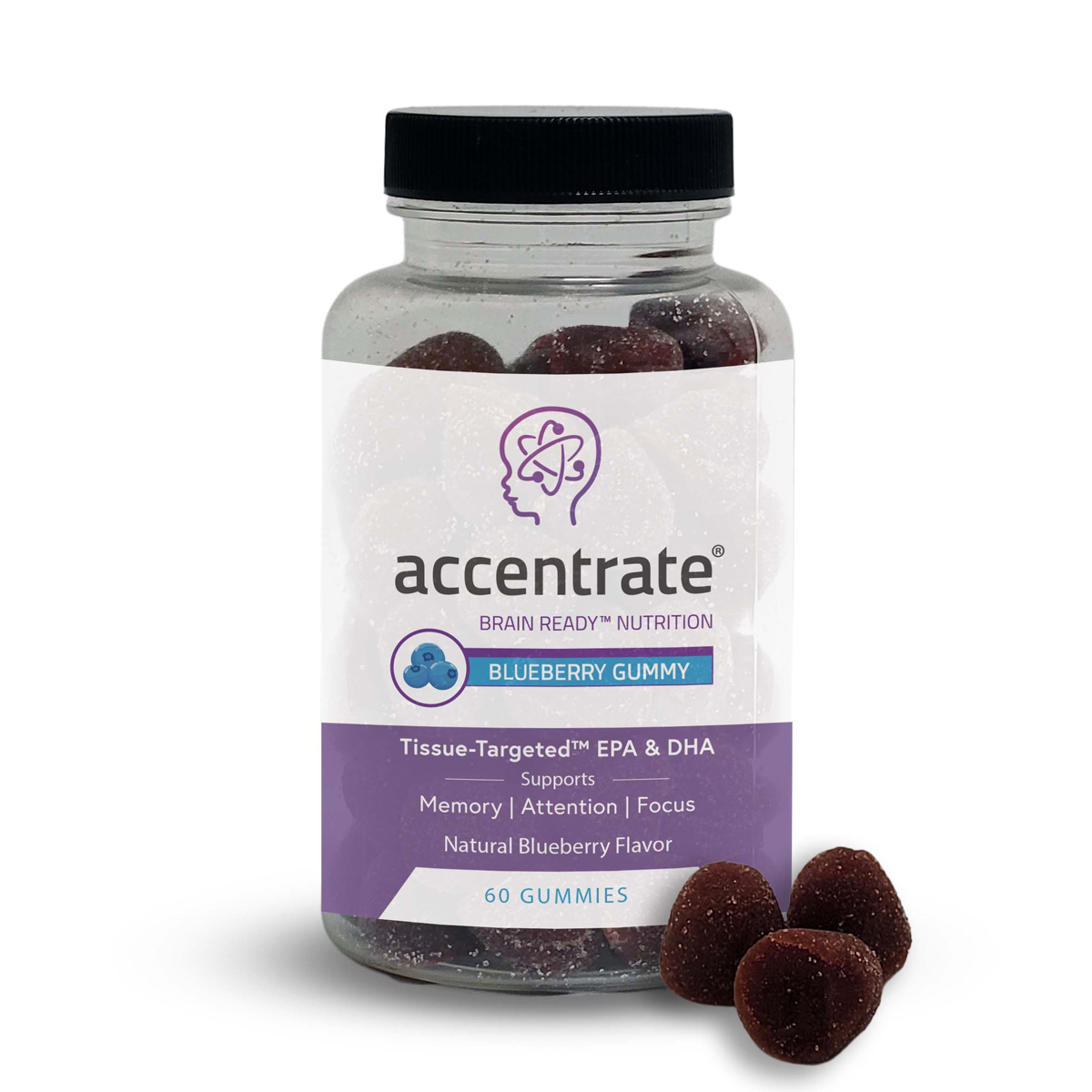
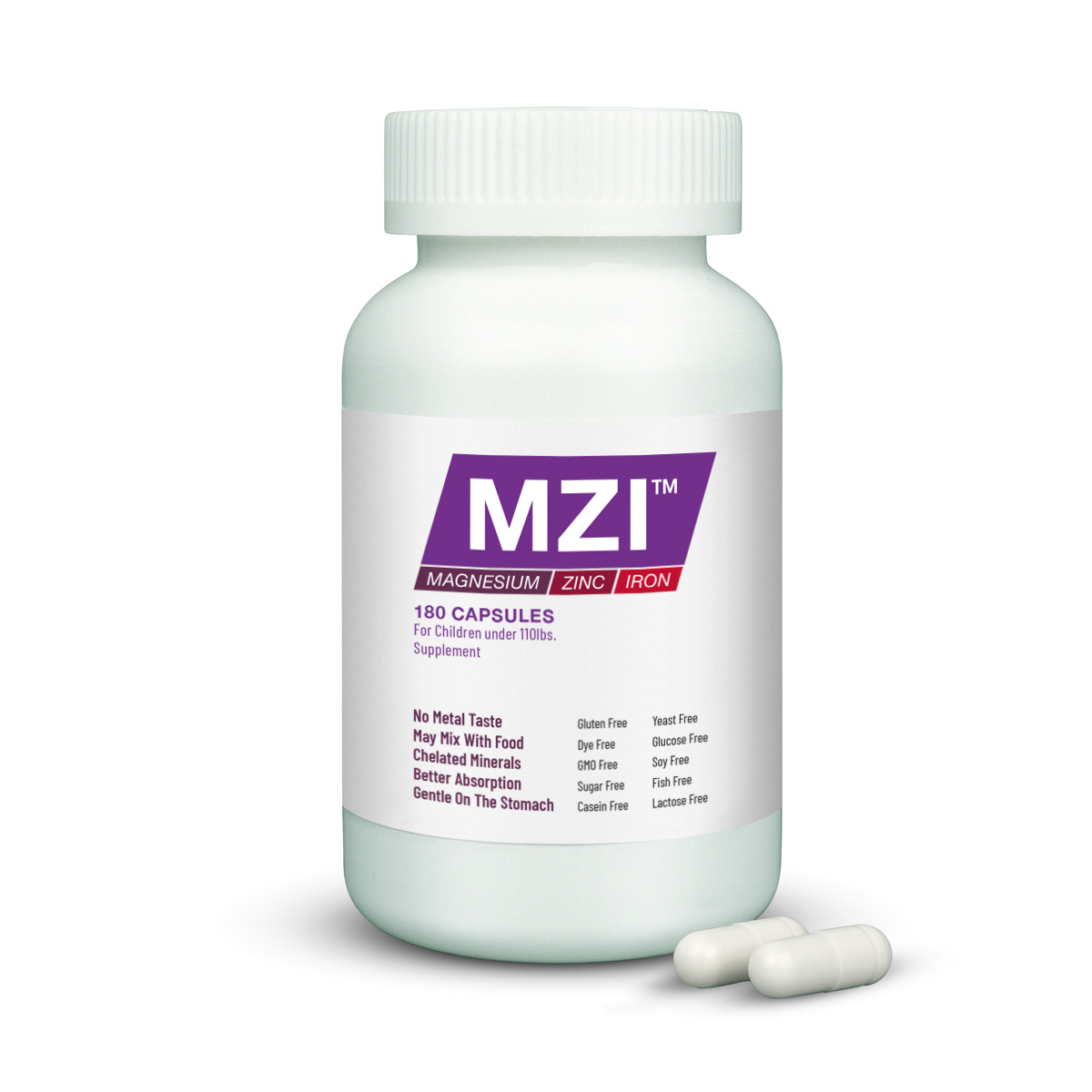
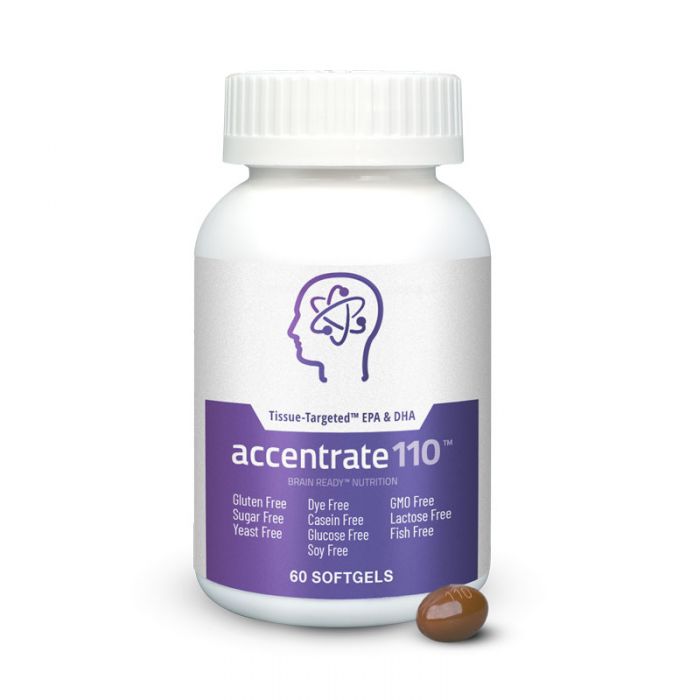
 39 Reviews
39 Reviews
